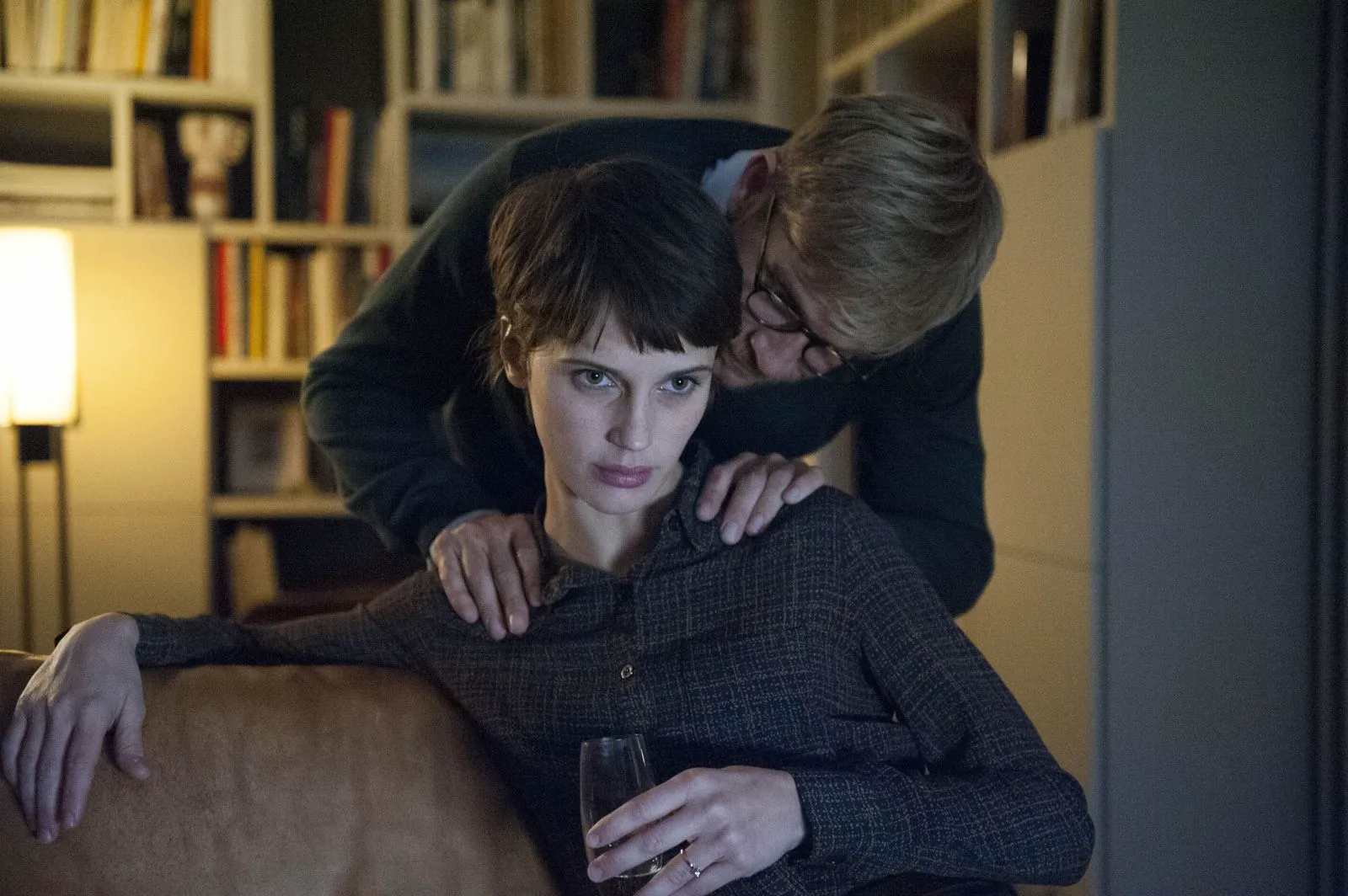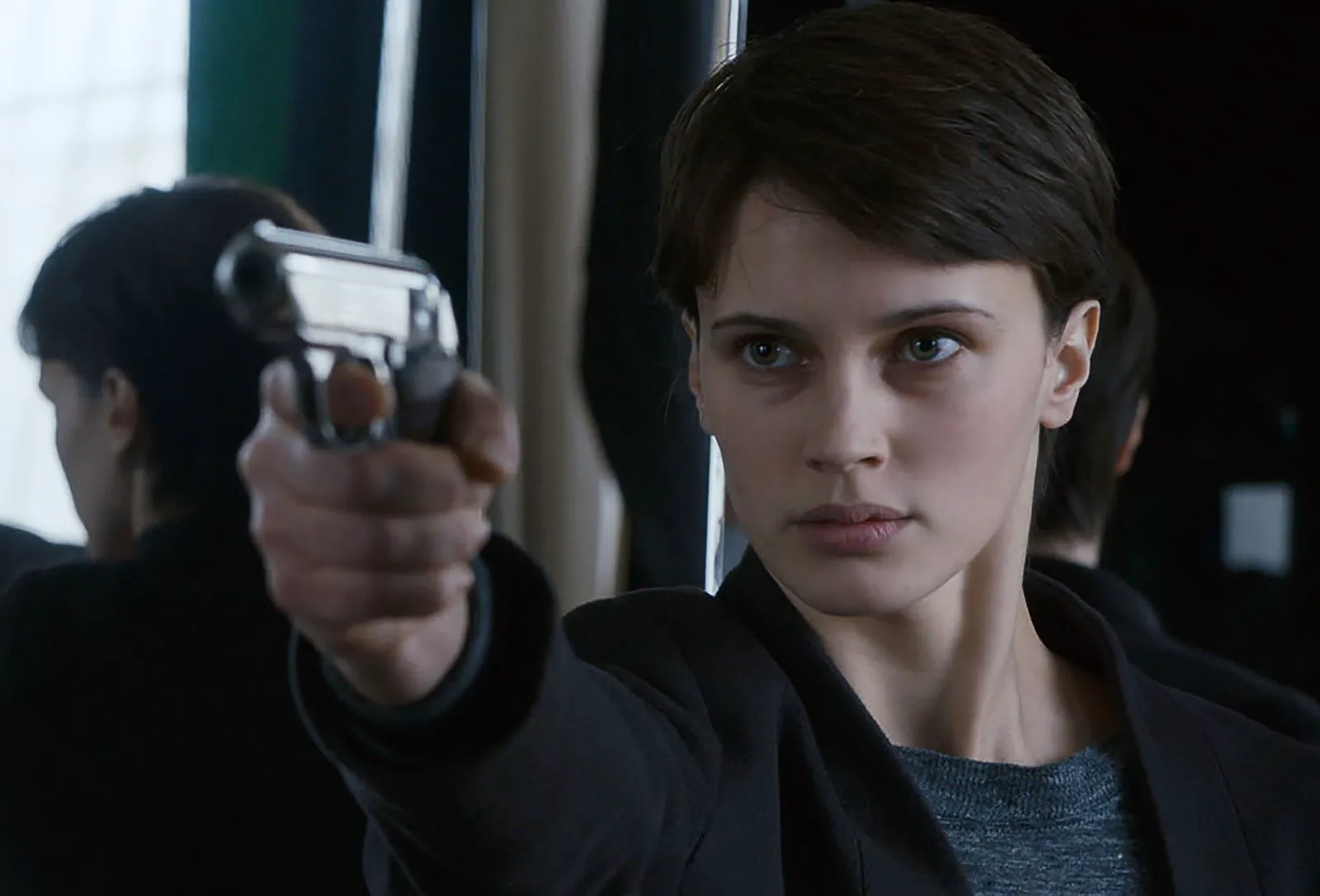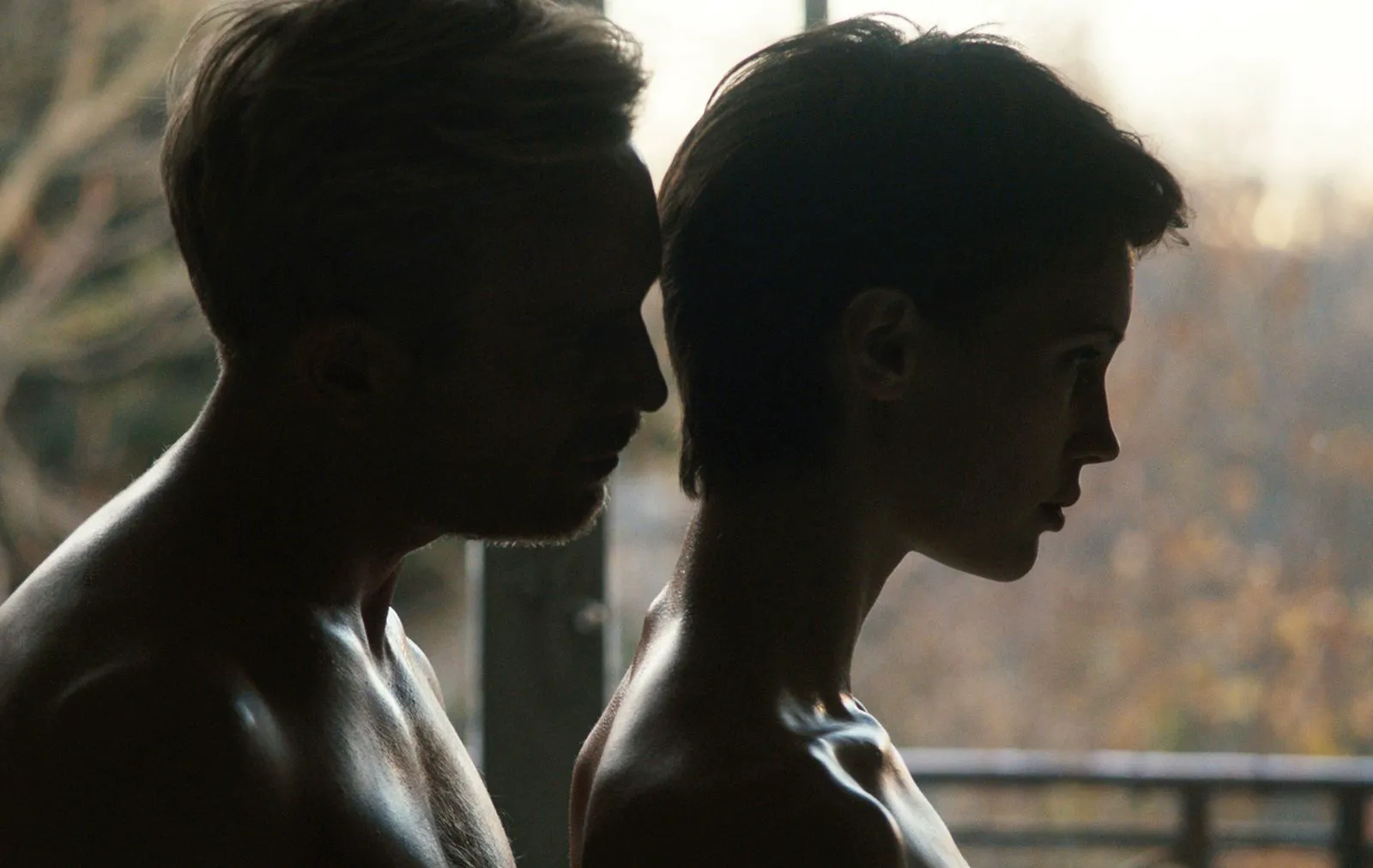Double Lover: A Chilling, Yet Detached Thriller of Infidelity and Identity
François Ozon’s “Double Lover” presents a narrative that’s as intriguing as it is emotionally distant. This psychological thriller delves into the life of Chloé, a young woman entangled in a web of deceit and desire with twin brothers.
The Setup: Therapy and Seduction
Chloé (Marine Vacth), a young French woman, seeks help from psychotherapist Paul (Jérémie Renier) for her depression and psychosomatic abdominal pains. Paul’s attentive and attractive demeanor leads to a breakthrough for Chloé, but their professional relationship soon blurs as Paul confesses his love for her, ending their sessions. Chloé reciprocates, and they begin a life together.
The Twist: Enter the Twin
However, Chloé’s newfound happiness is short-lived. She spots Paul with another woman, but he vehemently denies it. Driven by suspicion, Chloé investigates and discovers Paul has a twin brother, Louis, who is also a psychotherapist. Intrigued, Chloé books an appointment with Louis, finding him to be the polar opposite of Paul – assertive, even aggressive. This contrast ignites a dangerous attraction, leading Chloé into an affair with Louis while continuing her life with Paul.

Based on Joyce Carol Oates’ novel “Lives of the Twins,” Ozon significantly expands the plot and alters the ending.
A Hodgepodge of Influences
Ozon, known for his versatility, often gravitates towards psychological thrillers. After his departure into anti-war drama with “Frantz,” Ozon returns to his favored genre, crafting a film that echoes Hitchcock, Polanski, Verhoeven, and Cronenberg. The film borrows Hitchcock’s intricate plot and meticulous visuals, Polanski’s unsettling exploration of mental instability, Verhoeven’s explicit eroticism, and Cronenberg’s “bio-horror” elements.

The film was selected for the main competition at the 2017 Cannes Film Festival.
The Missing Ingredient: Empathy
While the film boasts a promising blend of influences, it lacks a crucial element: empathy for the protagonist. Unlike Mia Farrow’s portrayal in “Rosemary’s Baby,” Marine Vacth’s performance is detached, preventing the audience from fully investing in Chloé’s journey. As a result, the story feels like a psychological puzzle rather than an immersive experience. The audience is left pondering the characters’ motivations and the potential dangers Chloé faces, but without a sense of emotional connection.
A Slow Burn That Doesn’t Ignite
The film’s slow-burn approach relies heavily on the audience’s engagement with the protagonist. However, without that emotional investment, the film’s deliberate pacing can feel tedious. The audience is left waiting for answers, but the final explanation, while plausible, feels somewhat contrived. The ending veers into trashy psychology, more suited to a simple slasher film than a sophisticated French thriller.

Final Verdict
Despite its shortcomings, “Double Lover” remains intriguing, provocative, erotic, and stylish. While it may not be a masterpiece, fans of Ozon’s work may find it appealing. However, it’s unlikely to leave a lasting impression.